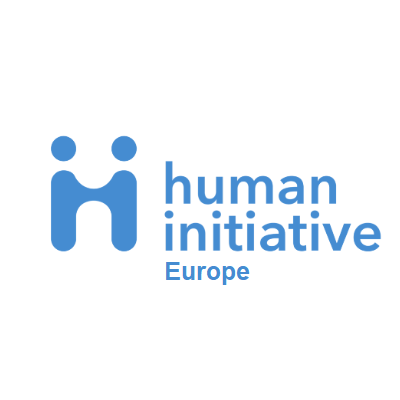
Charity in Islam: A Pillar of Compassion & Social
Charity, or "sadaqah," holds a central place in Islamic teachings and plays a significant role in shaping both individual character and societal well-being. In Islam, charity is more than just a generous act; it is a moral obligation and a key aspect of spiritual growth. The concept of giving is deeply rooted in the belief that wealth is a blessing from Allah, and it is the duty of those who have more to assist those in need. This is beautifully demonstrated in the various forms of charity practiced by Muslims, from obligatory acts like zakat to voluntary contributions like sadaqah.
Zakat: Obligatory Charity
Zakat is one of the Five Pillars of Islam, making it a core tenet of the faith. Derived from the Arabic word meaning "purification," zakat purifies both the giver's wealth and soul. It is a mandatory act of charity, requiring Muslims to give a portion of their savings (typically 2.5%) to those who are less fortunate. The recipients of zakat include the poor, the needy, those in debt, and other vulnerable groups in society.
By ensuring wealth is circulated and shared, zakat helps reduce economic inequality and promotes social harmony. It serves as a form of wealth redistribution, preventing the concentration of wealth in the hands of a few while providing relief to the underprivileged. This practice is not only an expression of solidarity but also a means of fostering justice and compassion.
Sadaqah: Voluntary Charity
While zakat is obligatory, sadaqah represents voluntary charity and can be given at any time and in any amount. Sadaqah is an act of kindness done solely for the sake of Allah, with no expectation of reward or recognition. It encompasses both financial and non-financial contributions, such as offering a smile, helping someone in need, or sharing knowledge. The Prophet Muhammad (peace be upon him) emphasized that even the smallest good deed is considered sadaqah, encouraging Muslims to be generous in all aspects of life.
Sadaqah reinforces the values of compassion, empathy, and selflessness. It allows individuals to contribute to the welfare of others and strengthens the bonds of community. In Islam, sadaqah is not just about giving money; it is about being a positive force in society and actively seeking to improve the lives of others.
The Spiritual and Social Benefits of Charity
Charity in Islam is viewed as a means of spiritual purification. It cleanses the heart from attachment to material possessions and cultivates a sense of gratitude for the blessings one has. By giving to others, Muslims are reminded of the transient nature of worldly wealth and the importance of focusing on the afterlife.
In addition to its spiritual benefits, charity also plays a vital role in building a just and equitable society. It addresses the needs of the marginalized and helps alleviate poverty. The act of giving fosters a sense of unity and responsibility, as the giver recognizes their role in uplifting the community. Through charity, social barriers are broken down, and the well-being of the entire society is enhanced.
Conclusion
Charity in Islam is a profound expression of faith, compassion, and social responsibility. Both zakat and sadaqah are means of redistributing wealth, alleviating poverty, and promoting justice. These charitable practices not only purify the soul and wealth of the giver but also contribute to the overall well-being of society. In embracing charity, Muslims fulfill a divine obligation and help create a more compassionate, equitable world.
